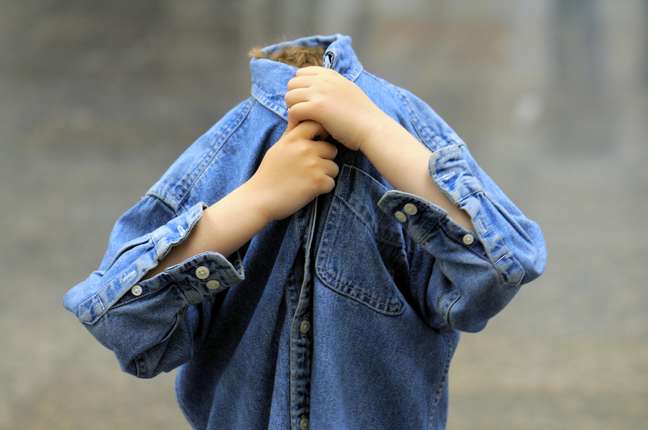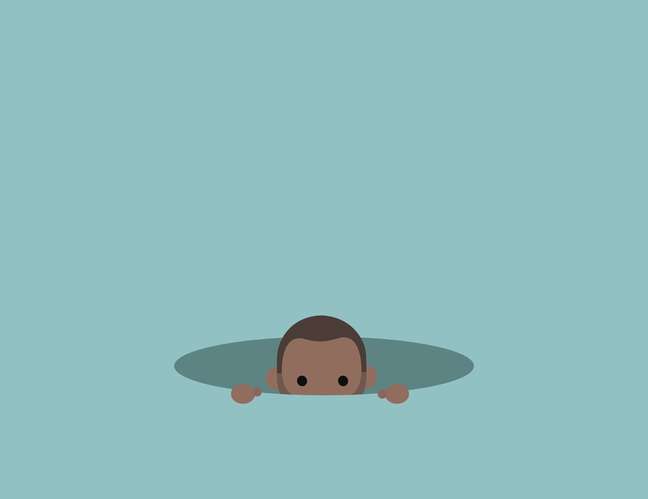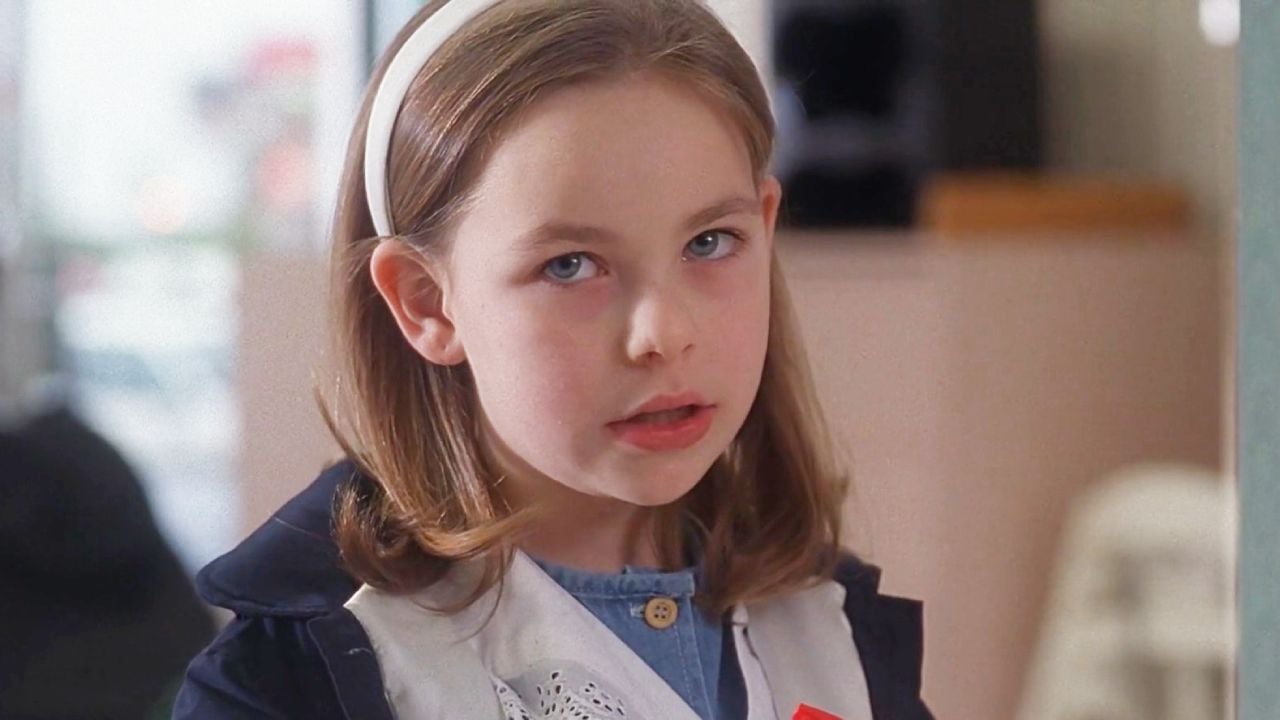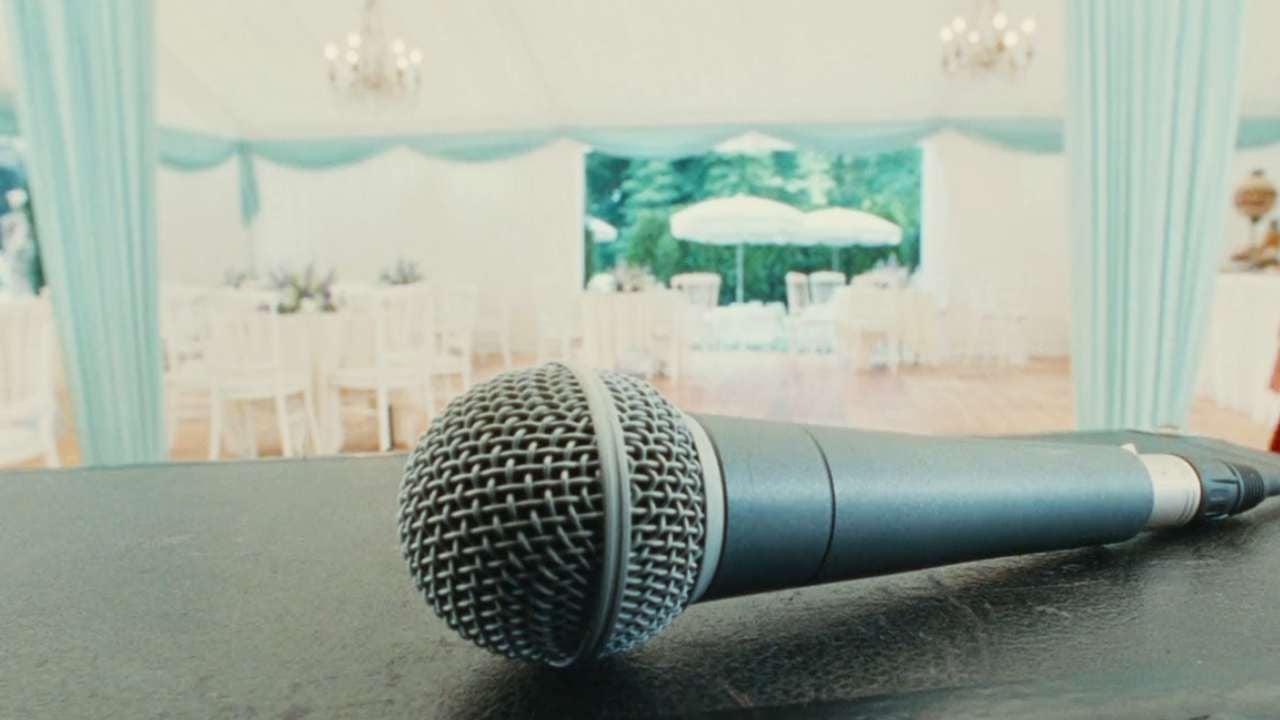Find out what to do if your child refuses to attend rehearsals or gets stuck on stage.
If you are the mother or father of a child who is not in school yet, you have probably found yourself wondering what the day will be like when your child goes to dance at the school party. And there is no way. Choosing clothes, arranging your hair, making small spots or mustaches at Festa Junina are memories that are part of the life of many people who want to repeat all this, but now in the shoes of an adult. Here lies the problem: this is our expectation, which will not necessarily be fulfilled by the child. What if he lifts his feet and says he doesn’t want to dance?

Welcoming and seeking to understand the reasons
Two different situations can occur: the child refuses to participate in the rehearsal dance or “stops” when he takes the stage. In general, the second case occurs more with young and is common, since they are found in a new circumstance and frightened. The first scenario, on the other hand, requires the attention of parents and teachers to assess if there is something else going on with the child.
“Because they are in a daily living environment, rehearsals should be fun with the interaction between students and teachers. So this can be, yes, a warning and we must strive to understand the reasons that lead her to this behavior “, explains the psychologist and clinical psycho-pedagogue Jéssica Ferreira de Aguiar Bueno. “It may simply be related to the student’s non-identification with the activity or even to greater difficulties in insecurity and social interaction”alert.
Faced with this kind of situation, Jessica draws attention to the importance of accept the child’s feelings without judgments or labels so that a connection is established, “saying that you realize that she is not comfortable and that together you can think of ways to make her feel better,” he guides.
It is interesting that the little ones understand that rehearsals are a moment of relaxation, no pressure for a perfect presentation . There is a difference between encouraging and forcing the student to do something new.

danger sign
“We can understand that boundary between incentive and strength in the child’s behavior based on the signs he presents. The incentive aims at encouragementpromoting greater emotional security, the “forcing” will lead the child to experience unpleasant sensations and will show signs of resistance and suffering with greater intensity “, explains the psychopedagogue.
If the parents notice this type of rejection in an intense way, it is worth doing an interview at the school to try to understand if there are situations related to bullying or if the child shows difficulties in social interaction – and then, of course, the rejection of dance will only be one factor among others already observed by teachers. In this case, this can serve as a warning that it is interesting to seek psychological support in an allied job of professionals from the school itself. It is also important to keep in mind the child’s behavior in previous years and to remember that the long period of social isolation it can have a great influence on current childhood anxieties.

My son doesn’t want to go on stage. And now?
It doesn’t matter if it’s the first time or if the child is already at the end of Elementary I – drooling parents, uncles and grandparents create expectations and love to record every step of the little ones. But it is essential that this expectation does not become a burden on the child . “Unconsciously, she can do the opposite, paralyze herself with fear, frustrate herself and everyone else. You have to show that this is a fun time, especially for her,” explains Jessica.
And when the baby gives up at hour H? The ideal is to welcome the little one and offer listening and words of affection. “You might say, ‘It’s okay if you’re uncomfortable, I feel that way sometimes too. But you’ve put in a lot of effort, is there a way to help you feel more comfortable performing?’ she listens to the answer and thinks of suggestions like ‘Do you want me to be near, at the side of the stage? Do you want a hug before dancing?’ “.
If, even so, your child cannot perform (either because he did not go on stage or because he tried to go up, but did not dance), the psychopedagogue remembers the importance for the family to face their own frustration without passing it on to the child . “It is recommended to commend her for having worked hard and prepared, sending a sure message that she can try again at the next event,” she concludes.
Source: Terra
Benjamin Smith is a fashion journalist and author at Gossipify, known for his coverage of the latest fashion trends and industry insights. He writes about clothing, shoes, accessories, and runway shows, providing in-depth analysis and unique perspectives. He’s respected for his ability to spot emerging designers and trends, and for providing practical fashion advice to readers.







